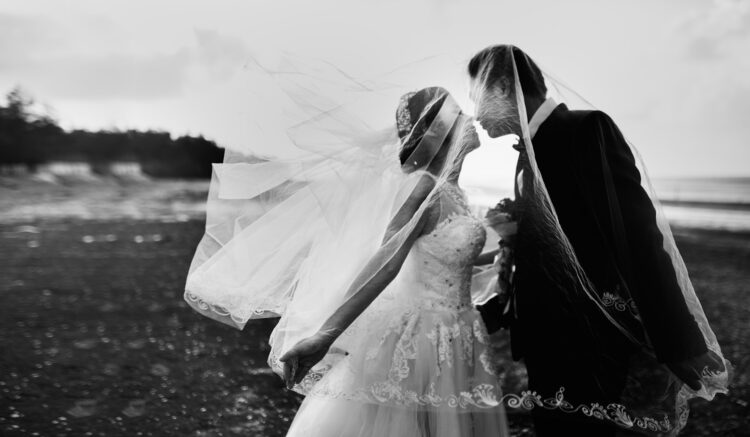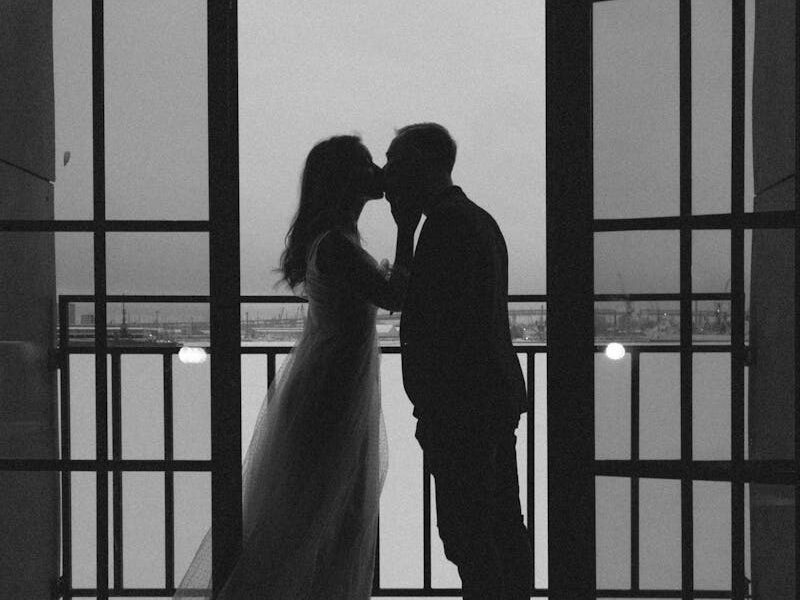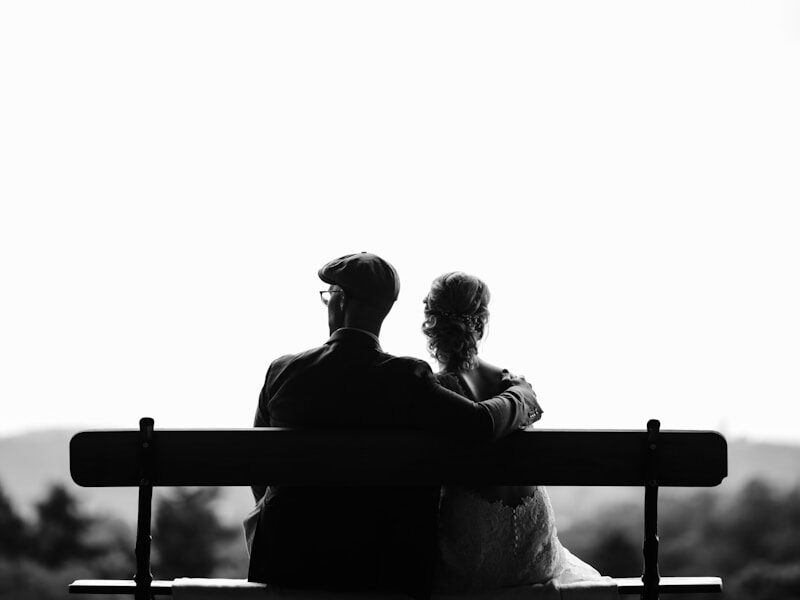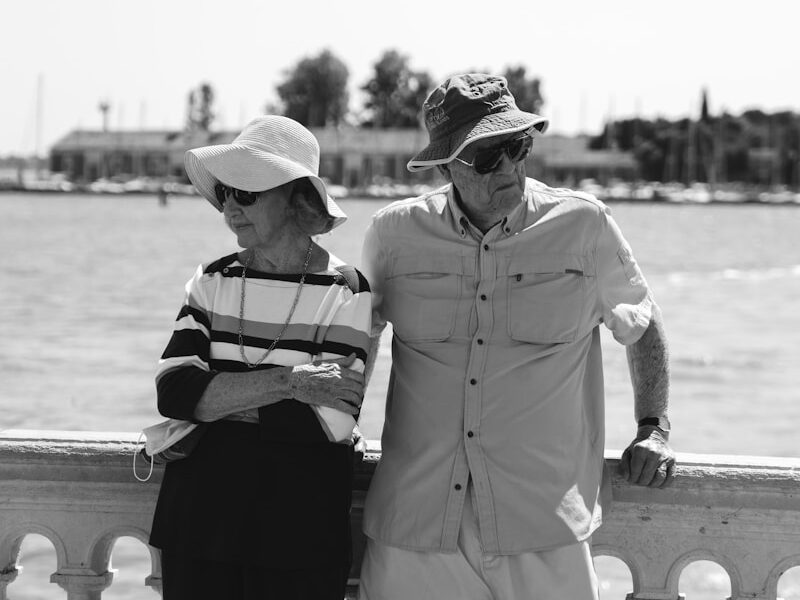
Marriage isn’t always the fairytale ending people imagine. For many older couples, decades of shared life can lead to moments of quiet regret. These aren’t always dramatic betrayals or explosive fights. Often, they’re subtle realizations that build over time. Here are 15 reasons why some older couples look back and question whether getting married was the right decision.
They Were Pressured by Family or Society

Many older couples grew up in a time when staying single into their thirties or even late twenties was considered a failure. Pressure came from all directions: parents urging them to settle down, religious institutions pushing marriage as the only moral path, and peers who were all getting hitched. For some, the decision to marry was less about love and more about avoiding judgment or disappointing others.
They Rushed Into It Too Young

Getting married young often means making massive life choices before truly understanding who you are. Many older couples now realize they were just kids trying to play house, building a future with someone based on infatuation or the thrill of the moment. As they matured, their personalities, dreams, and needs changed. What felt exciting at 22 didn’t hold up at 42. Some look back and wish they had waited.
They Didn’t Share Core Values

When love is new, it’s easy to overlook important differences. But as years pass, foundational mismatches become impossible to ignore. Conflicting views on parenting, money management, religion, gender roles, or even lifestyle priorities create friction that slowly wears down the relationship. For older couples, regret often comes from the realization that while they may have loved each other, they were never truly aligned on what mattered most.
They Grew Apart Over Time

Life doesn’t stop changing after you say, “I do.” Over decades, people grow, and sometimes in opposite directions. A once-shared interest in travel, career goals, or parenting can diverge into separate lives under the same roof. One partner may seek adventure and reinvention in later years, while the other prefers routine and stability. When emotional or intellectual connection fades, older couples may feel like they’re living with a stranger.
They Stayed for the Kids

Many couples make the difficult decision to stay together for the sake of their children. They believe keeping the family unit intact is the most loving choice. But once the children grow up and move out, there’s often nothing left holding the marriage together. Without the shared project of parenting, some couples find they barely know each other anymore.
They Sacrificed Too Much of Themselves

Compromise is part of any relationship, but for many older couples, one person consistently gave up more than the other. Whether it was putting a career on hold, relocating for a spouse’s job, or always bending to keep the peace, those sacrifices can lead to deep resentment over time. The partner who gave up so much may feel invisible or unappreciated and wonder what their life could have been like if they had prioritized their own dreams.
They Didn’t Experience Life Outside the Relationship

Some older couples married their first serious partner, skipping the chance to explore, date, or enjoy true independence. As they age, they wonder what it would’ve been like to live on their own, travel solo, or have flings without guilt. This lack of experience can lead to a deep curiosity and sometimes dissatisfaction. It’s not always about wanting someone else but about wanting to have lived a fuller, more varied life before settling down.
The Relationship Lacked Emotional Intimacy

Physical closeness and daily routines can mask the absence of emotional depth. Some older couples stayed together for years without ever truly connecting on a deeper level. They shared beds but not vulnerabilities and exchanged schedules but not dreams. Over time, this lack of emotional intimacy creates a sense of emptiness that no amount of tradition or shared history can fix.
They Realize They Were Never Truly Compatible

In the early years, attraction and excitement can overshadow incompatibility. But as life gets more complicated with careers, kids, and aging parents, those mismatches come into sharp focus. Some couples eventually admit that they were never well-suited to begin with. Maybe one partner is emotionally open while the other shuts down. One seeks adventure; the other craves routine. The relationship becomes a series of compromises that drain both people.
They Feel Lonelier in the Marriage Than Alone

Being in a relationship doesn’t guarantee companionship. Many older adults report feeling deeply alone, even while sitting next to their spouse. When emotional connection fades and meaningful communication stops, the silence becomes deafening. It’s a specific kind of loneliness—being unseen by someone who knows everything about you. Some say they’d feel freer and more fulfilled living alone rather than continuing to share space with someone who no longer engages with them.
They Stayed Out of Fear of Change

Divorce can be terrifying, especially after decades of shared finances, routines, and family life. Many couples stayed married not because they were happy but because starting over seemed too overwhelming. They feared judgment, financial instability, or simply the unknown. But years later, some regret not taking the leap. They stayed in a relationship that no longer served them because it was familiar.
They Settled Out of Convenience

Not every marriage begins with great passion or soul-deep connection. Some people marry because it’s convenient—financially, emotionally, or socially. Maybe the timing was right, the person was “good enough,” or they simply didn’t want to be alone. But as the years go on, the weight of that decision can feel heavier. Some older adults confess they never felt truly in love and now feel a quiet sadness about what could have been.
They Didn’t Learn How to Communicate

Communication is often cited as the foundation of a strong relationship, but it’s a skill many couples never fully develop. Decades of poor communication—avoiding hard conversations, shutting down, or failing to listen—can create a distance that feels impossible to cross. Arguments remain unresolved, emotional needs go unspoken, and small resentments build into walls. Many older couples regret not learning how to express themselves or truly understand each other.
They Ignored Red Flags Early On

Looking back, many older adults admit they saw the warning signs before they got married, like controlling tendencies, emotional immaturity, and lack of empathy, but chose to overlook them. Maybe they believed things would improve or that love would be enough to change someone. But those red flags didn’t go away. Instead, they grew into recurring sources of stress and unhappiness.
They Lost Their Identity in the Relationship

It’s easy to become “we” instead of “me” in a long-term relationship. But when one partner’s identity becomes completely wrapped around being a spouse or caregiver, they can lose touch with their own desires, talents, and goals. Some older individuals wake up one day and realize they don’t know who they are outside the marriage. Their hobbies faded, their friendships thinned, and their independence was put on pause.

